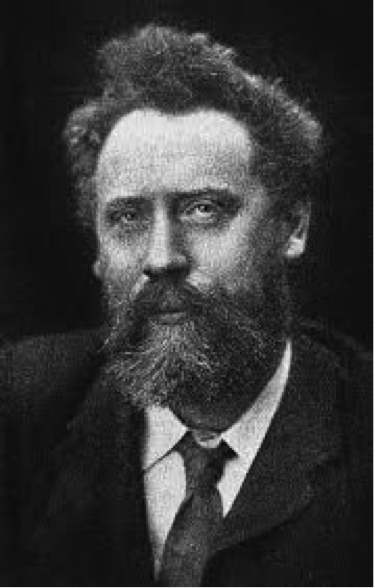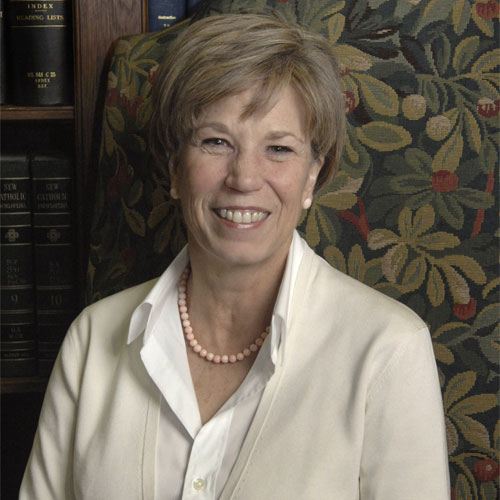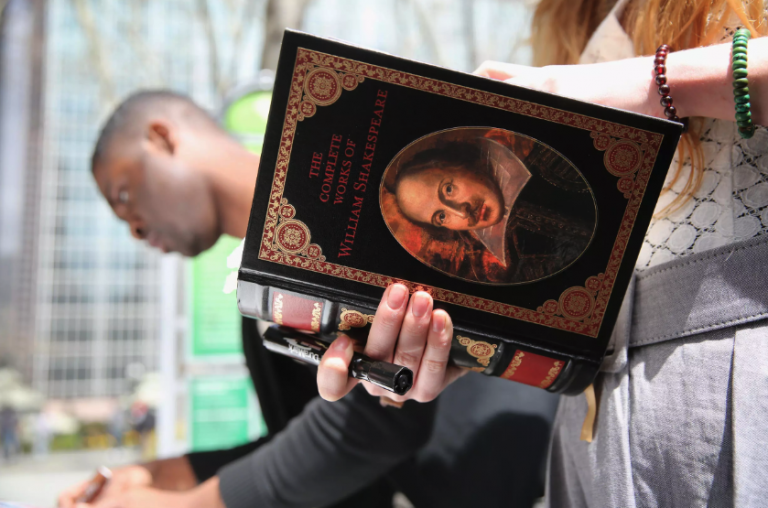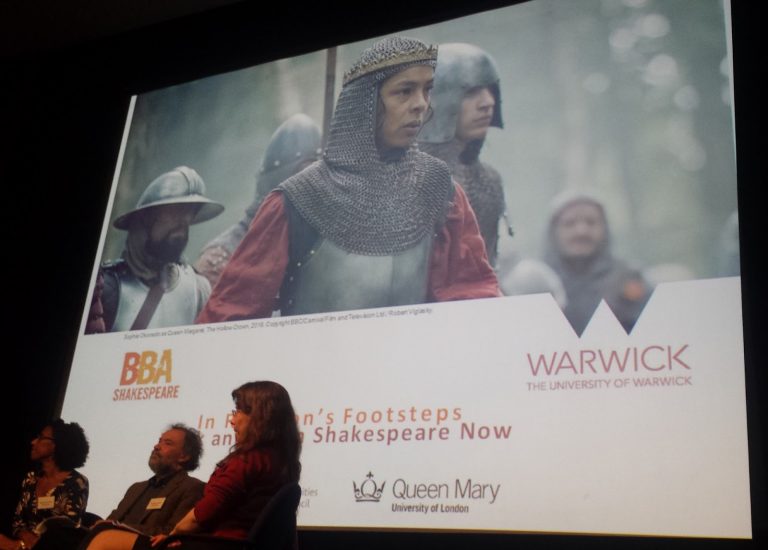Poem of the Day: William Ernest Henley’s “Invictus”


Below are some reflections on the GW English Department given by our former colleague Gail Kern Paster at Commencement in 2004. Professor Paster was the recipient of an honorary degree. Professor Paster joined the department in 1974, rising from the rank of instructor to full professor. An internationally acclaimed Shakespeare scholar, Paster left GW in…

I rang in the new year in rural West Virginia, far from cell phone towers or, for that matter, a satellite connection to transmit images of the ball dropping in Times Square. Although I felt a bit disconnected from my annual TV ritual, the night sky was dark enough for star-watching, a rarity in Washington…

(Paris, AFP) All the world’s a stage but the irony is the rest of the globe often has an easier time understanding William Shakespeare than English speakers. Thanks to frequently updated translations that dispense with the archaic Renaissance language, foreign audiences often find the Bard easier to follow. Take “King Lear”, a new version…

Professor Chu describes “Narratives of Return: Transpacific Returns in Asian American Literature” at Renmin University On Wednesday, December 26, I gave a talk for English language and literature students and scholars at Renmin University in Beijing. The university, also known as People’s University of China, was founded in 1950 as the first national university…

On February 16th, author T Kira Madden hosted a conversation and Q&A with Professor Annie Liontas’ Creative Nonfiction writing workshop class. Her debut memoir Long Live the Tribe of Fatherless Girls was a New York Times Editor’s Choice selection and finalist for the National Book Critics Circle John Leonard Prize. Student April Mihalovich created an alternate cover for the…

Doing Shakespeare While Black? By Alexa Alice Joubin In Robeson’s Footsteps: Black and Asian Shakespeare Now, a conference organized by the University of Warwick, January 15, 2016. Race is an uncomfortable but important topic in our age of globalization. In the art and entertainment industry, race is both visible and invisible in various forms of embodiment….

Below are some reflections on the GW English Department given by our former colleague Gail Kern Paster at Commencement in 2004. Professor Paster was the recipient of an honorary degree. Professor Paster joined the department in 1974, rising from the rank of instructor to full professor. An internationally acclaimed Shakespeare scholar, Paster left GW in…

I rang in the new year in rural West Virginia, far from cell phone towers or, for that matter, a satellite connection to transmit images of the ball dropping in Times Square. Although I felt a bit disconnected from my annual TV ritual, the night sky was dark enough for star-watching, a rarity in Washington…

(Paris, AFP) All the world’s a stage but the irony is the rest of the globe often has an easier time understanding William Shakespeare than English speakers. Thanks to frequently updated translations that dispense with the archaic Renaissance language, foreign audiences often find the Bard easier to follow. Take “King Lear”, a new version…

Professor Chu describes “Narratives of Return: Transpacific Returns in Asian American Literature” at Renmin University On Wednesday, December 26, I gave a talk for English language and literature students and scholars at Renmin University in Beijing. The university, also known as People’s University of China, was founded in 1950 as the first national university…

On February 16th, author T Kira Madden hosted a conversation and Q&A with Professor Annie Liontas’ Creative Nonfiction writing workshop class. Her debut memoir Long Live the Tribe of Fatherless Girls was a New York Times Editor’s Choice selection and finalist for the National Book Critics Circle John Leonard Prize. Student April Mihalovich created an alternate cover for the…

Doing Shakespeare While Black? By Alexa Alice Joubin In Robeson’s Footsteps: Black and Asian Shakespeare Now, a conference organized by the University of Warwick, January 15, 2016. Race is an uncomfortable but important topic in our age of globalization. In the art and entertainment industry, race is both visible and invisible in various forms of embodiment….

Below are some reflections on the GW English Department given by our former colleague Gail Kern Paster at Commencement in 2004. Professor Paster was the recipient of an honorary degree. Professor Paster joined the department in 1974, rising from the rank of instructor to full professor. An internationally acclaimed Shakespeare scholar, Paster left GW in…

I rang in the new year in rural West Virginia, far from cell phone towers or, for that matter, a satellite connection to transmit images of the ball dropping in Times Square. Although I felt a bit disconnected from my annual TV ritual, the night sky was dark enough for star-watching, a rarity in Washington…

(Paris, AFP) All the world’s a stage but the irony is the rest of the globe often has an easier time understanding William Shakespeare than English speakers. Thanks to frequently updated translations that dispense with the archaic Renaissance language, foreign audiences often find the Bard easier to follow. Take “King Lear”, a new version…

Professor Chu describes “Narratives of Return: Transpacific Returns in Asian American Literature” at Renmin University On Wednesday, December 26, I gave a talk for English language and literature students and scholars at Renmin University in Beijing. The university, also known as People’s University of China, was founded in 1950 as the first national university…

On February 16th, author T Kira Madden hosted a conversation and Q&A with Professor Annie Liontas’ Creative Nonfiction writing workshop class. Her debut memoir Long Live the Tribe of Fatherless Girls was a New York Times Editor’s Choice selection and finalist for the National Book Critics Circle John Leonard Prize. Student April Mihalovich created an alternate cover for the…

Doing Shakespeare While Black? By Alexa Alice Joubin In Robeson’s Footsteps: Black and Asian Shakespeare Now, a conference organized by the University of Warwick, January 15, 2016. Race is an uncomfortable but important topic in our age of globalization. In the art and entertainment industry, race is both visible and invisible in various forms of embodiment….